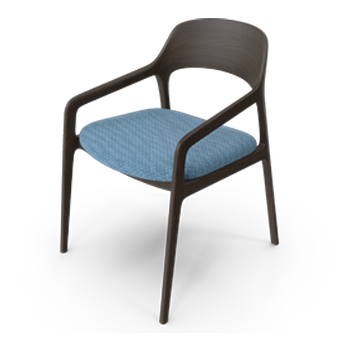The Montessori method is unique because it is child-centric and promotes independence and creativity. It also encourages an interest in learning that lasts for a lifetime. This guide provides a comprehensive overview of Montessori daycares, Montessori kindergartens, Montessori preschools, and Montessori elementary schools, and outlines the positive impact of each stage of a child’s general development.

Montessori Daycare instilling independence Right from the Start
Montessori daycare programs are designed to nurture independence and self-confidence in the youngest learners. These programs provide a stimulating, safe environment where children can explore and learn independently. In the Montessori daycare, the class is equipped with appropriate, age-appropriate materials which encourage exploration of the senses and the development of motor skills.
Teachers in Montessori daycares are facilitators not traditional teachers. They help children navigate their education. This helps develop an ability to think critically among children and helps them to become autonomous. Activities such as pouring beans, pouring water, and buttoning clothing are typical in Montessori daycare. All of them are directed towards improving fine motor skills as well as practical skills for life.
Montessori Kindergarten: Foundations for Lifelong Learning
When children enter Montessori kindergarten their focus shifts. They are still encouraged to be independent and to engage in activities that are self-directed. The Montessori kindergarten program is broad and comprehensive, covering languages, maths, cultural studies and practical life skills and more.
The mixed-age classroom is a vital component of Montessori kindergarten, in which children of various age groups learn together. This setup allows younger children to learn from their older classmates and for older children to improve their knowledge through giving them the concepts they’ve already mastered. This learning model for peers helps develop social skills and also a feeling of community in the classroom.
In Montessori kindergarten the learning process is experiential and frequently involves real-world application. Math, for example, could be taught with manipulatives like beads and rods to help children comprehend abstract concepts by physical interaction. Stories, phonetic exercises as well as writing activities are used to encourage language development.
Montessori Preschool – Inspiring Curiosity, Exploration, and Discovery
Montessori preschools are built on the principles of daycare and Kindergarten, which emphasize exploration, curiosity and the love of learning. The classroom is prepared to be both engaging and educational. The preschool is outfitted with resources as well as activities geared to the developmental stages of 3 to 6 years olds.
In a Montessori-based preschool, children are able to select their activities at their own pace and select from a wide range of choices. This freedom helps children create a sense of accountability as well as a sense of intrinsic motivation. The preschool program is comprised of math, language, and cultural studies along with practical life activities.
Montessori’s preschool curriculum is built around real-life activities like gardening, cooking, cleaning, and other chores around the house. These activities teach children essential life skills and aid them in develop coordination, concentration, and independence. Sensorial activities, on the contrary are designed to enhance the five senses and boost cognitive development.
Montessori Elementary School Preparing Students for Academic Success
Montessori elementary school is a continuation of the idea of child-centered education, with a greater emphasis on academic subjects, but still focusing on the whole child. Curriculum is interconnected and integrated and helps children understand the relationships between different academic subject areas.
In the Montessori elementary school, children engage in deep research projects learning, work together to share their knowledge, and carry out experiments. The learning environment fosters curiosity and critical thinking, by using materials that accommodate a wide range of abilities and interests.
One of the most distinctive features of Montessori elementary education is the emphasis on “cosmic education” that helps kids understand their place in the world and the interconnectedness of everything. This approach helps students take responsibility for the environment and for others, enabling them to develop into thoughtful global citizens.
In conclusion it is clear that the Montessori method of early childhood education, from nursery school to elementary school is a unique and effective method of fostering a child’s development. Montessori education gives children the skills they need to succeed throughout their lives. This is accomplished by encouraging independence, curiosity, an interest in learning, and a love of learning.

